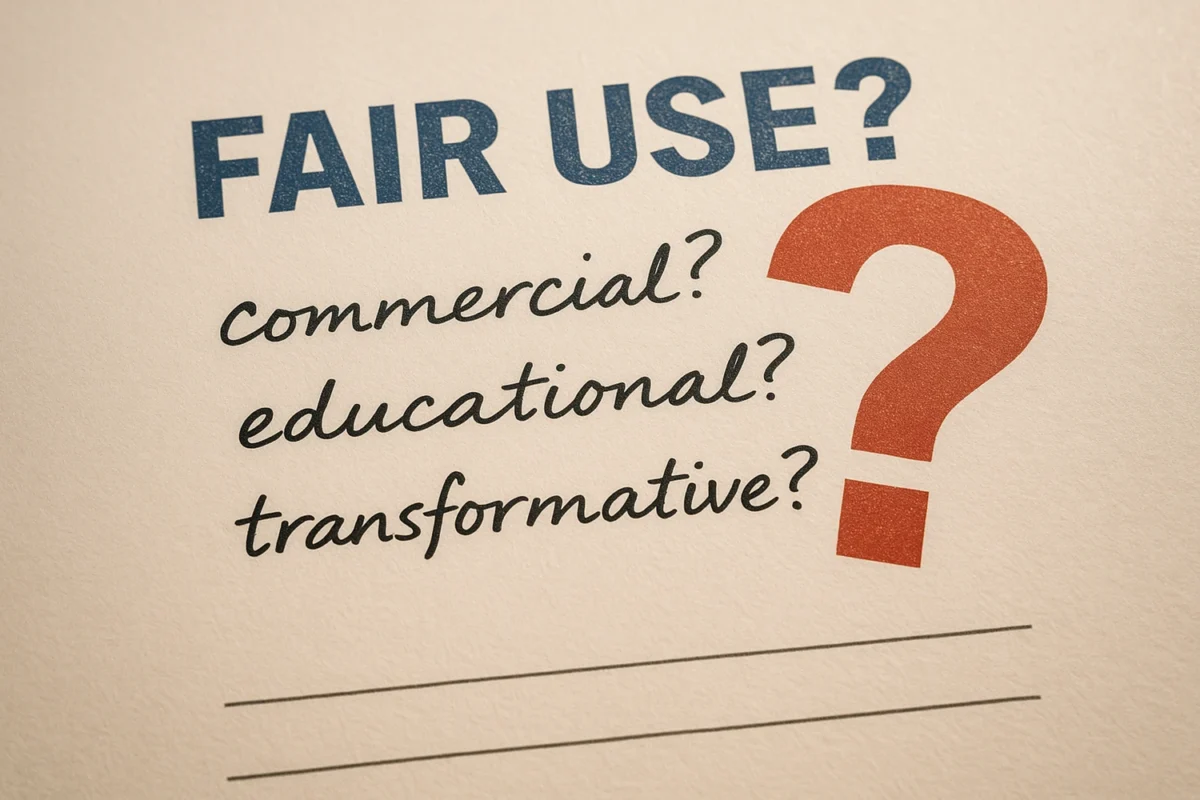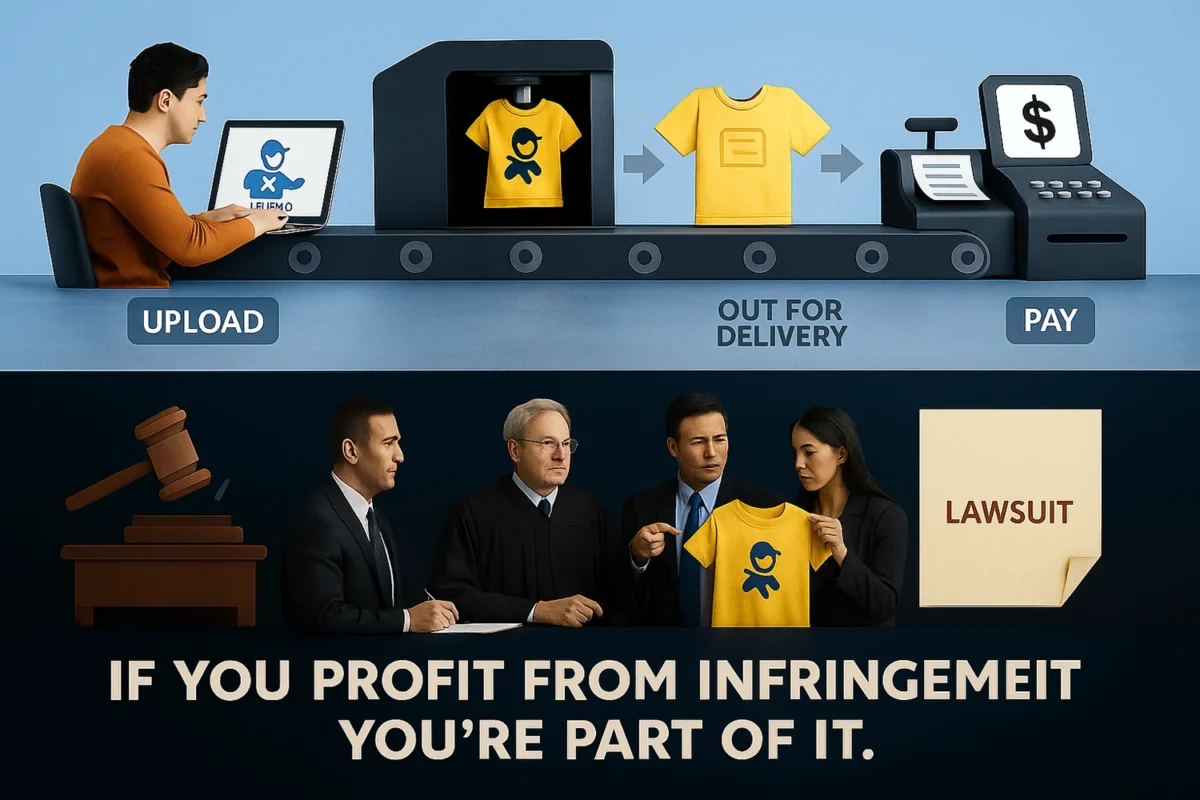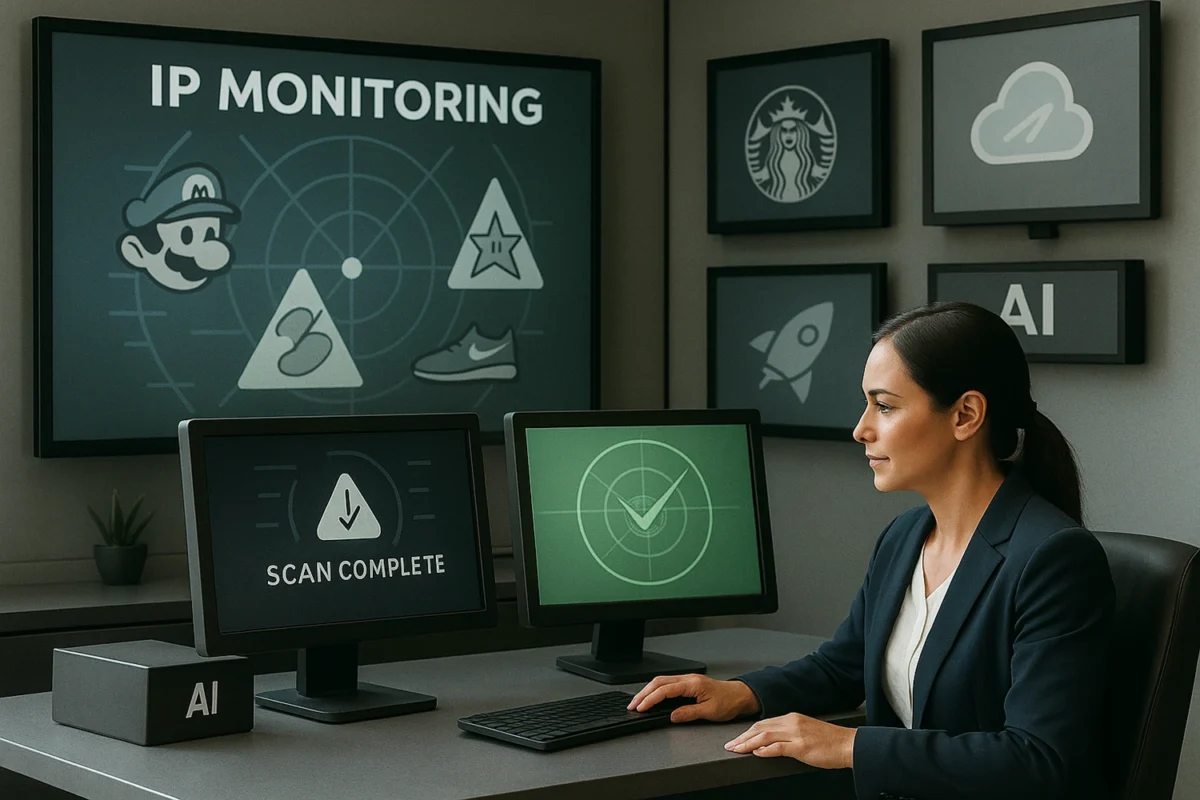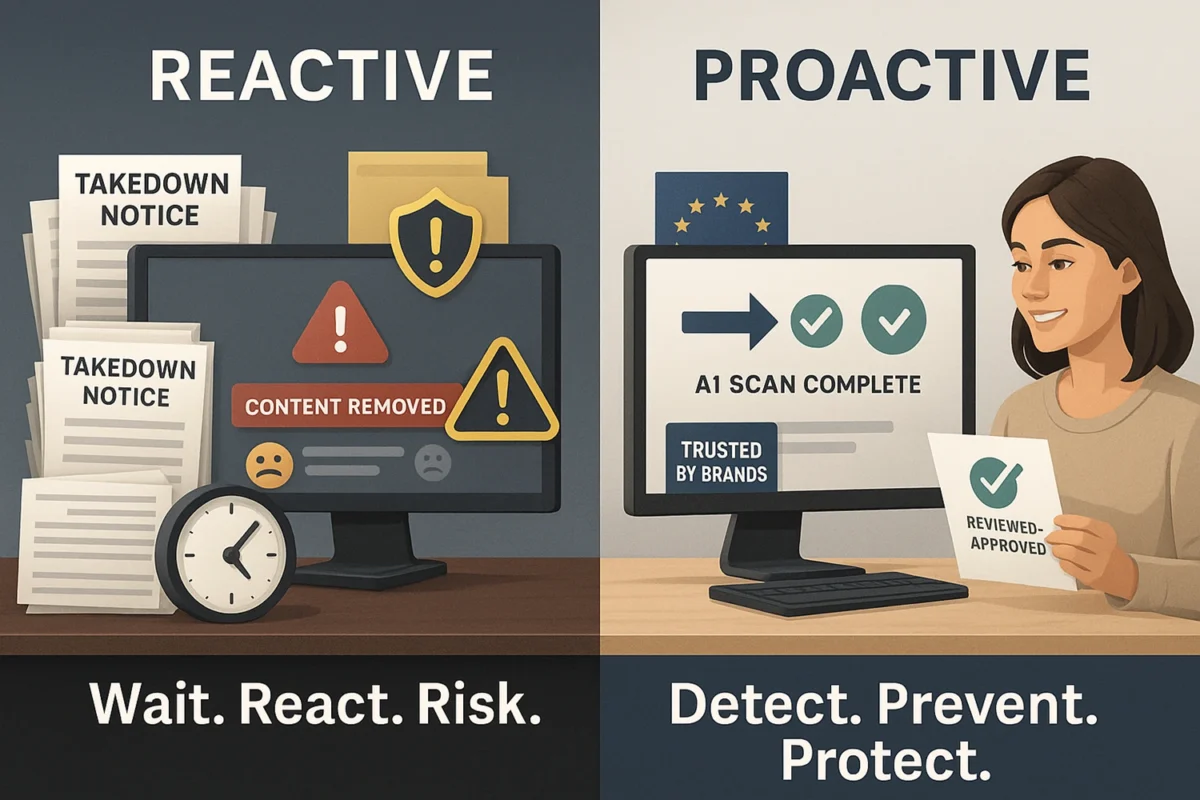Fair Use: When Is It Legal to Use Protected Content?
“Fair use” is one of the most misunderstood defenses in intellectual property law – especially on UGC and e-commerce platforms.
Creators often think that tweaking, parodying, or “just using it for fun” automatically makes their use legal. It doesn’t.
If your platform hosts user-generated content, knowing when fair use applies – and when it doesn’t – is critical to managing your IP risk.
Here’s what you need to know.
1. When Is It Legal to Use Protected Content?
Under U.S. law, fair use allows limited use of copyrighted material without permission for certain purposes, including:
- Criticism – Reviewing or discussing the original work
- Commentary – Offering opinions or analysis on the work
- Parody – Imitating a work to make fun of it or comment on it (not just copying it humorously)
- Education – Using works for teaching, scholarship, or research (typically in non-commercial contexts)
These are narrow exceptions – not blanket permissions.
Just because you think your design is a parody doesn’t mean a court will agree.
Key factors courts consider:
- Purpose of the use (commercial vs non-commercial)
- Nature of the copyrighted work (creative vs factual)
- Amount and substantiality of the portion used
- Effect on the potential market for the original
No single factor is decisive – but commercial uses often face higher scrutiny.
2. Private Use vs. Commercial Use: Why It Matters
The context in which content is used makes a huge difference in fair use analysis.
Private/Personal Use:
Sharing a meme with friends, making a personal collage, or using copyrighted material without financial gain may lean toward fair use – but not always.
Commercial Use:
Selling products (e.g., t-shirts, mugs, posters) that reference copyrighted characters, logos, or designs is much less likely to be considered fair use.
Bottom line:
If your users are uploading content to sell or promote, fair use defenses are much weaker.
And for platforms? Courts assume you’re profiting too – which increases your risk.
3. Platform Risks: Why You Can’t Ignore “Fair Use” Claims
If your platform hosts content that users claim is “fair use,” you still face serious risks:
- You may lose Safe Harbor protections if you ignore red flag infringement (see DMCA 101).
- Rights holders may bypass your users and sue your platform directly – especially if they think you’re profiting.
- False fair use claims (e.g., “it’s a parody” when it’s just copying) can create legal exposure, even if the uploader acts in good faith.
Platforms that accept all “fair use” claims at face value without review invite lawsuits.
Platforms that build proactive detection, triage workflows, and education for users dramatically reduce their risk.
Conclusion: Fair Use Is a Shield – But Only in Very Specific Cases
Fair use isn’t a magic wand that lets users copy and sell whatever they want.
It’s a narrow, fact-specific defense – and one that rarely holds up when commercial interests are involved.
For platforms, the safest approach is:
- Flag high-risk content early
- Don’t automatically assume “parody” = safe
- Use context-aware detection tools like Infringio to spot likely problem areas
- Offer counter-notice procedures, but keep review workflows strong
Because when it comes to fair use, it’s better to assess first – than to defend later.
Want to help your platform detect risky “fair use” claims before they escalate?
Book a demo with VISUA today about proactive IP enforcement with Infringio.
Disclaimer: Not Legal Advice
This content is provided for informational purposes only and does not constitute legal or professional advice. The information reflects our understanding as of the date of publication and may not apply to every situation or jurisdiction. You should consult qualified legal counsel for advice tailored to your specific circumstances. Any actions taken based on this content are at your own risk. Neither VISUA nor its affiliates accept liability for any losses or damages arising from the use of this information.
Book A DemoRELATED
Redbubble, Teespring, and the Lessons of IP Enforcement Failures
Reading Time: 3 minutesPrint-on-demand (POD) platforms empower creators to design and sell products without holding inventory. But with that power…
BlogHow AI Is Changing the Game in IP Enforcement
Reading Time: 2 minutesIP enforcement used to be simple: But today’s infringement landscape – especially for POD and UGC-heavy platforms…
BlogThe Future of IP Compliance – Proactive vs. Reactive Models
Reading Time: 2 minutesFor years, most platforms treated IP compliance as a reactive function: But the market – and the…
Blog


